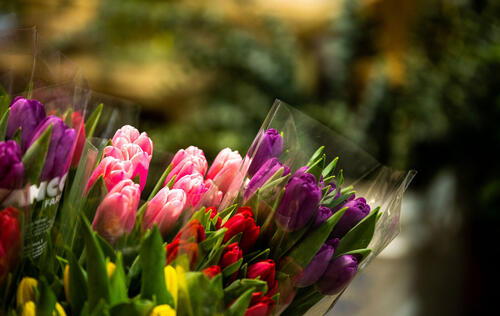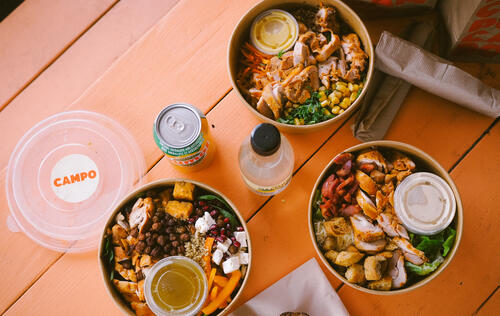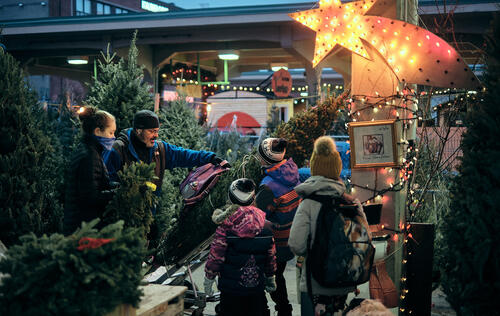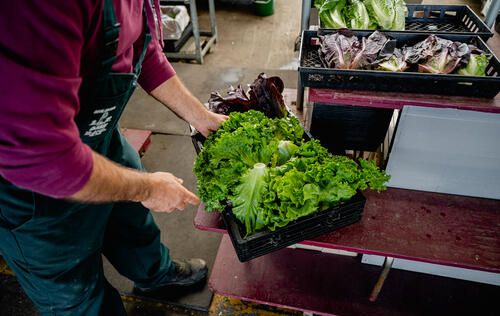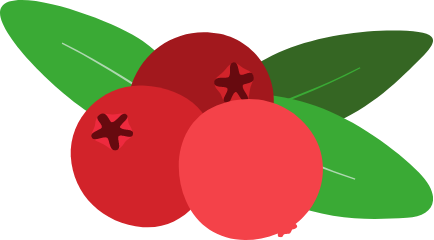Building relationships for food sovereignty
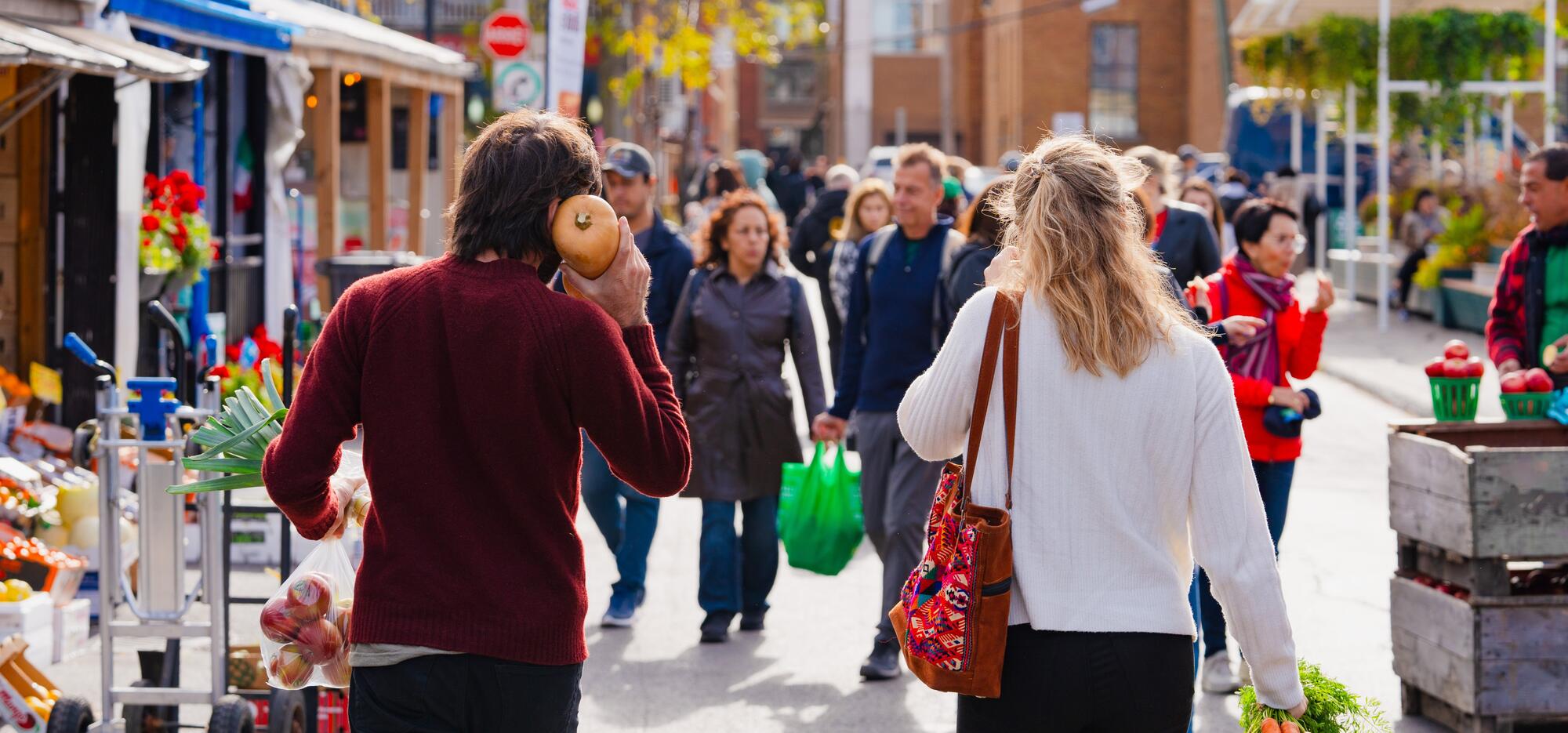
It's Saturday afternoon at Jean-Talon Market and I'm looking for tomatoes. What would normally be a simple task in a grocery store becomes a challenge here, because it's peak harvest season. The aisles are overflowing with people, colours, fruits, and vegetables. As for tomatoes, which ones do I want? Beefsteak tomatoes, heirloom, cherry, or grape? The diversity of varieties and colours, like the people who carefully selected and tended to them, brings to mind not only a flurry of recipe ideas, but also encourages me to think about what it reveals at a deeper level: an expression of food sovereignty.
In 1996, during a time of rapid trade liberalisation, an international movement of farmers, Indigenous communities, and small and medium-sized food producers called la Via Campesina began to talk about food sovereignty. This concept, refined in 2007 in Mali, was defined as "the right of peoples to healthy and culturally appropriate food produced through ecologically sound and sustainable methods, and their right to define their own food and agriculture systems."
Holding a Brandywine tomato in my hands, its shape echoing the waves of the St. Lawrence river and skin the colour of the sunset, I reflect on how food sovereignty speaks to millions of people around the world. This term reminds us that food is fundamentally a relationship: with the natural world, of course, but also between people.
Back at the market, this sense of relationship is embodied in the mission of Les Filles Fattoush, a caterer and social economy organization that works with Syrian women, many who arrived in Montreal as refugees. In addition to their stall in the food court of Jean-Talon Market, they recently opened a café, also in the market.
“Les Filles Fattoush is much more than just good food: it's also about human connection,” explains Cynthia Chackal, project manager.
The project, launched by Adelle Tarzibachi and Geneviève Comeau in 2017, aims to celebrate the culinary expertise of Syrian women. With customers, Cynthia shares not only the secret to making good hummus (“you have to add ice cubes!”), but also her Syrian heritage. This relationship is also forged in the kitchen, where each dish is prepared by hand. The women share recipes and stories, and rediscover a sense of belonging in a new country.
“It's done with love, with connection, with presence,” she says.
For Paul Toussaint, chef at the restaurant, 3 Pierres 1 Feu, also located at Jean-Talon Market, this relational dimension is reflected in the products. Twice a day, he and his team walk the aisles to stock up, and the entire market has become their pantry.
“In Haiti, we live the same way. We have a tradition of going to the market in the mornings,” he tells me.
So when he moved to Montreal, it was natural for Paul to keep this habit. Today, plates at his restaurant feature vegetables from stalls such as Birri and Le Roi du Maïs.
In another row of the market, the team at Jardins d’Arlington sells up to 80 varieties of fruits and vegetables throughout the season, including different types of tomatoes. Operating since 2008, Claire Lanctôt, Nasser Boumenna, their family, and their team now grow organically on 40 acres in Stanbridge East. “We care about people, what they eat, how they feed their own families,” says Claire. This takes on a different meaning as she explains the scale of their clientele, as they serve between 1,500 and 2,000 customers every week. The importance of their work is measured not only in sales or kilos of vegetables produced, but also in human connections, which in turn gives meaning to the challenging work on the farm. At their market stall, producers and consumers become partners once again in the project of feeding communities with healthy and sustainable food.
In a world where food prices are skyrocketing, food sovereignty may seem out of reach. But by supporting local and sustainable production, we demonstrate that food is not just a commodity. Food is also about cultural heritage and relationships, past and present. It nurtures our bodies and our hearts, providing a livelihood for those who grow food, and preserving natural resources for generations to come.
Rachel Cheng is a photographer, community organiser, and writer based in Montreal, exploring the intersection between food, sustainability, and social justice. With over a decade of experience in the non-profit sector, she collaborates on projects building a more equitable and inclusive food system, while offering strategic communication, writing, and photography services. She has been published across Canada and internationally, with writing in outlets such as Condé Nast Traveller and en Route, and her photography in Chatelaine and Le Devoir.
